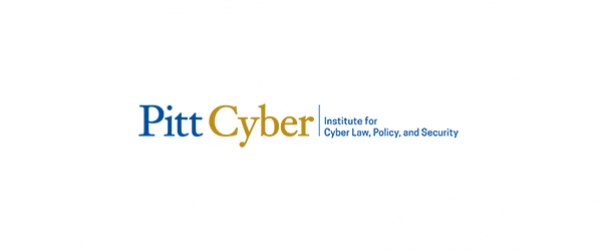The Senate's testimony last week on youth online safety prompted us to compile a timeline of how thinking and research has evolved concerning the linkages between social media use & youth wellbeing. With social science research, it's hard to find a smoking gun – but bipartisan interest in legislative action reflects growing public anxiety.
Casual links are difficult to prove in social science. As concern about youth has grown, many researchers have tried to isolate the linkage between social media use and mental health. Psychologist Jean Twenge (2018 TED Talk here) was amongst the first to sound an alarm, with a 2017 Atlantic article about the smartphone generation – whom she characterized as spending less in person time with friends and "on the brink of the worst mental-health crisis in decades." Her subsequent 2023 book inventoried data on rising smartphone and social media use, pointing to a correlation in a number of indicators for teens: decreased sleep, increased rates of depression, suicide attempts, emergency room visits for self-harm. In short, she finds that "every indicator of mental health and psychological well-being has become more negative among teens and young adults since 2012."
Statement of Frances Haugen | United States Senate Committee on Commerce, Science and Transportation
Whistleblower France Haughen's 2021 Congressional testimony provides some of the best insider insights about the harms deriving from Facebook's design choices. She painted a picture of the ways in which "Facebook became a $1 trillion company by paying for its profits with our safety, including the safety of our children." The WSJ investigative reporting spurred by Haughen's account and internal Facebook documents, is also worth a read.
This highly cited April 2022 'meta-review' attempts to synthesize existing research on mental health harms resulting from youth social media use. Noting the parameters of the review (they exclude studies looking at "self-esteem, self-harm, suicidality, [and] loneliness,") the paper presents a muddled picture. "Most of the conclusions of the 18 systematic and narrative reviews agreed that the effects of [social media use] are small, and the findings are inconsistent across studies. However, some reviews were less nuanced in their conclusions and used qualifications of the effect sizes such as ‘substantial,’ ‘detrimental,’ and ‘deleterious’." The authors call out the need for consistency in defining what falls within the category of 'social media' as well as more robust data than self-reported social media use.
Facebook has a Child Predation Problem | Wired
2021 research found that 22% of youth (14% amongst those aged 9-12 and 29% aged 13-17) report having had an online sexual interaction with an adult. Researchers dug into Facebook groups engaging in child sexual exploitation – and found the platforms largely unresponsiveness in addressing the illegal content. The gap between platforms' official policies on child safety and enforcement action continues today, with groups continuing to operate with "apparent impunity."
Teens and Cyberbullying 2022 | Pew Research Center
Meanwhile, 2022 poll data found that 46% of teens had experienced cyberbullying. On aggregate, both boys and girls are both vulnerable, although girls are twice than boys as likely to have faced a false rumor spread about them online (29%). Meanwhile, 17% of all teens reported receiving explicit images they didn't ask for online (cyberflashing), 8% had been subjected to revenge porn, and 15% had been subjected to persistent online questioning about their whereabouts/activities.
Social Media and Youth Mental Health | U.S. Surgeon General
In May 2023, the U.S. Surgeon General released a report framing social media harms on youth as a public health issue – drawing comparisons to previous Surgeon General reports on smoking and HIV/AIDS that shifted the policy conversation. While acknowledging positive uses of social media, the report warns that “in early adolescence, when identities and sense of self-worth are forming, brain development is especially susceptible to social pressures, peer opinions and peer comparison … Our children have become unknowing participants in a decades-long experiment."
In the aftermath of November 2023 subpoenas on BigTech CEOs, The Wall Street Journal reported that Meta's decision to allow encrypted messaging on Facebook would handicap efforts to detect and report child sexual abuse on the platform. The WSJ's previous efforts to expose online child sexual exploitation include a damning investigation on child predator communities present on Instagram.
With growing consensus on the harms of social media on youth and public opinion turning against tech CEOs, the question becomes – what can we do about it? On February 16, 2022, Senators Blumenthal (D-CT) and Blackburn (R-TN) introduced the Kids Online Safety Act (KOSA). Although supported by the American Academy of Pediatrics, the American Foundation on Suicide Prevention and the American Psychological Association, the draft legislation has encountered opposition from the likes of the ACLU and Electronic Frontier Foundation, who argue that empowering the FTC and state attorney generals to decide what constitutes problematic content amounts to 'digital censorship.'

